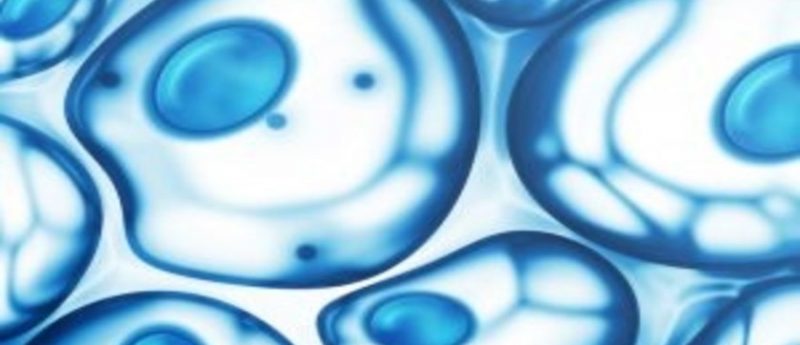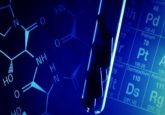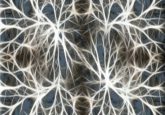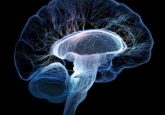Periostin potential biomarker and therapeutic target in basal-like breast cancer

A pathway that promotes survival of cancer stem cells in basal-like or triple-negative breast cancer has been uncovered by researchers at Boston University School of Medicine (MA, USA). The study, published recently in Molecular Cancer Research, suggests a novel target for the development of therapeutics for this particularly aggressive malignancy.
Basal-like breast cancers are known to metastasize rapidly and are commonly unresponsive to targeted cancer therapies. The aggressive nature of this manifestation of breast cancer has been hypothesized to be due to the high proportion of cancer stem cells that they harbor.
Through their investigations, the Boston team determined that the tumor cell-derived protein periostin works to activate a distinct signaling pathway that in turn supports cancer stem cells. Disruption of periostin or its associated integrin receptor resulted in a loss of cancer stem cells and impaired tumor-forming ability.
“These findings suggest that basal-like breast cancer cells have an innate ability to establish a local microenvironment that is supportive of cancer stem cells,” explained author Sam Thiagalingam (Boston University School of Medicine).
Commenting on the finding that tumors that express high levels of periostin are associated with worse prognosis, Thiagalingam continued: “This indicates that periostin might be clinically relevant, as a biomarker and or a therapeutic target, in the setting of basal-like breast cancer.”
Although this research suggests that periostin signaling could be a therapeutic target in basal-like breast cancer, its potential still requires evaluation.
Source: Boston University School of Medicine press release via EurekAlert!



